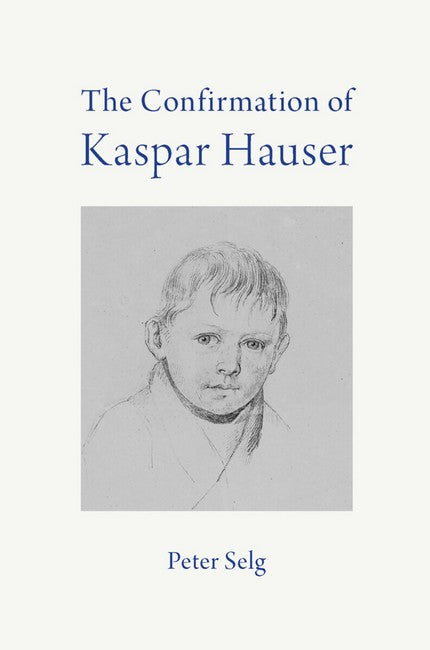During the 2018 Kaspar Hauser Festival in Ansbach, Germany, Peter Selg assumed the task of understanding the individuals in Kaspar Hauser's life and comprehending their significance for his destiny. He begins by unfolding the sociopolitical and philosophical milieu during Hauser's life, starting with Friedrich H?lderlin and other significant luminaries of the time. A fellow student and friend of H?lderlin said of Kaspar Hauser, "His fine facial features, his gentle expression, his beautiful bearing, his carefully tended attire, and the unmistakable loftiness expressed in his being have always remained with me," saying further, "Whoever saw him loved him, and whoever became acquainted with him remained his friend." Selg compares the biographies of Kaspar Hauser and Rudolf Steiner, who stated, "If Kaspar Hauser had not lived and died as he did, the contact between the earth and the spiritual world would have been completely broken." And Selg points out, "Through his path of suffering, Hauser prepared something that would allow new life and a new 'teaching' to enter the earthly realm." "It was not only fame that Kaspar Hauser and Rudolf Steiner shared, but also the common fate of suffering under the methodical campaign of their opponents. From the very beginning, the aim was to divert Hauser from his task--indeed, from his very individuality--through subjecting him to long years of confinement, through the assassination attempt in Nuremberg, and finally the fatal stabbing in the Hofgarten in Ansbach." -- Peter SelgWe are also able witness Kaspar Hauser's confirmation ceremony of May 20, 1833, in the Swan Knight Chapel of the Gumbertus Church in Ansbach. Eckart B?hmer, director of the Kaspar Hauser Festival, wrote, "Kaspar Hauser's confirmation, probably in his 21st year, is possibly the brightest event of his short life." This book is a translation from German of the book Schicksals-Weihe. Die Konfirmation Kaspar Hausers (Verlag des Ita Wegman Instituts, Stuttgart, 2018) and chapters 1 & 2 from Das andere Deutschland. ?ber Friedrich H?lderlin, Kaspar Hauser und Rudolf Steiner (Verlag des Ita Wegman Instituts, Stuttgart, 2016).

